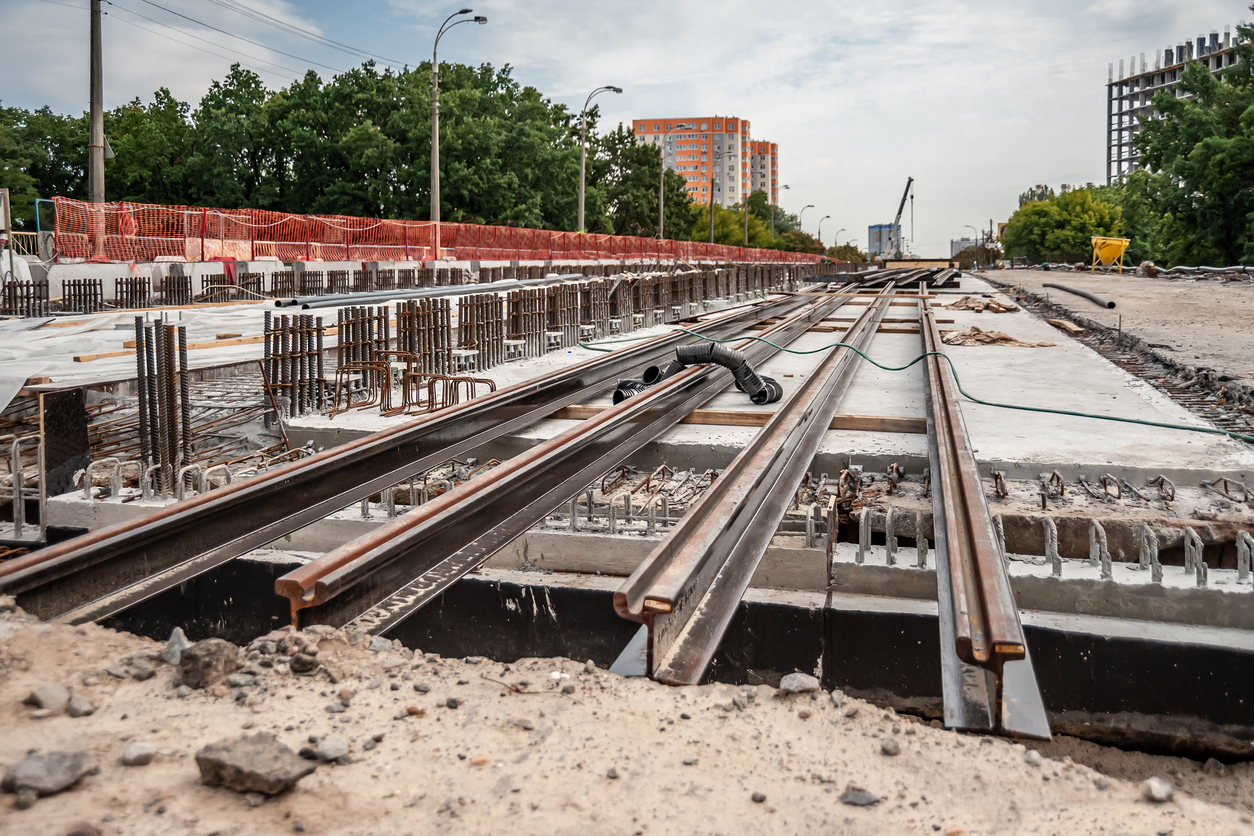Sound Transit officials say they want to double the tax burden they place on families
Sound Transit officials recently announced they intend to try to increase the tax burden they impose on typical family households.
Although their methodology for calculating the household tax burden is open to question, the official figures show Sound Transit wants the typical family to pay the following new taxes every year under the proposed ST3 package (the new burden would be in addition to what families currently pay to Sound Transit):
- 0.5% Sales Tax increase: $151
- 0.8% Motor Vehicle Excise Tax increase: $151
- $0.25/$1,000 Property Tax increase: $90
- Total tax increase: $392 per family per year
(Note: Sound Transit’s household tax calculations are conservative, since officials do not count costs to businesses or indirect costs to families in the form of higher prices, rent pass-through, reduced wages, or lost economic productivity due to higher taxation.)
According to Sound Transit officials, the $392 would be on top of Sound Move and Sound Transit 2 taxes they have imposed on families since 1996 and 2008. Transit officials already impose a 0.9 percent sales tax and a 0.3 percent Motor Vehicle Excise Tax on residents within the Sound Transit tax district.
All together, Sound Transit officials say they want a typical household to pay about $721 in taxes to Sound Transit every year.
The new taxes would increase automatically with economic growth, state-estimated vehicle values and other economic factors. For example, assuming an annual four percent nominal growth rate, the $392 tax burden increase would grow to about $1,000 by the 25th year.
Interestingly, while the $392 per year would increase the family tax burden imposed by Sound Transit by 119 percent, total tax revenues to Sound Transit would “only” grow about 86 percent. That’s because the majority of taxes Sound Transit officials want to impose directly and disproportionately affect homeowners, renters and working families.
Officials estimate they would receive $27.6 billon in new local taxes over the 25 year time frame. However, transit officials also want to continue imposing current Sound Transit taxes indefinitely, instead of letting taxes expire as they initially promised. Sound Transit officials say they intend to divert an additional $8.6 billion in current local taxes to the ST3 program. Under the proposal Sound Transit officials say they would receive a total of $36.2 billion in local taxes through 2041 for ST3, or an average of about $1.45 billion per year.
All the revenue policies in the plan include regressive forms of taxation. The sales tax increase would fall hardest on low-income and working families, who spend most of their income on daily living expenses.
The Motor Vehicle Excise Tax increase would nearly triple Sound Transit’s current tax and would continue to be based on an outdated state depreciation schedule of a car’s value. Voters repealed the inflated MVET schedule in 2002, and state officials acknowledge it artificially increases the amount of tax car-owners pay. Sound Transit officials continue to use the inflated MVET schedule, claiming a technicality in bonding rules, adding they do not plan to review or change the practice until bonds are retired more than a decade from now.
Sound Transit’s property tax increase falls hardest on low income families and the elderly living on fixed incomes. The higher levy would increases the cost of housing, contributing the growing problem of homelessness, and to the rising income gap in the Seattle area.






